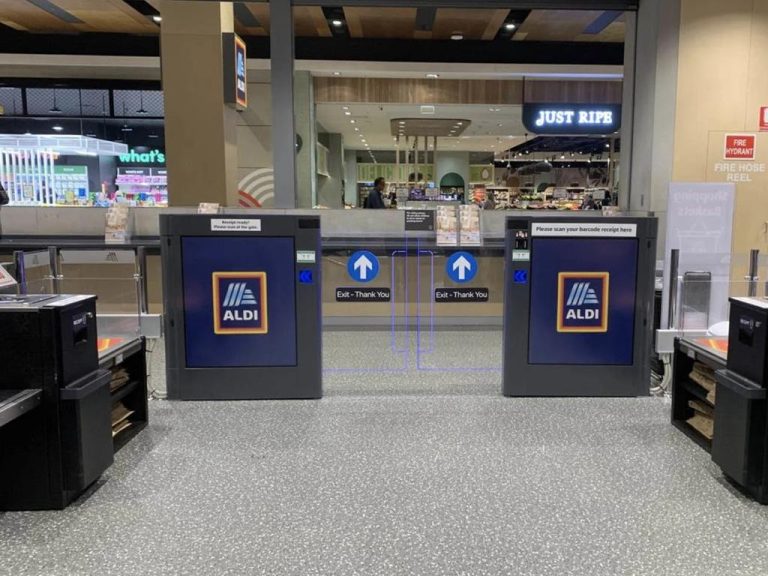Bunnings portfolio locked away for $290m at sizzling yields
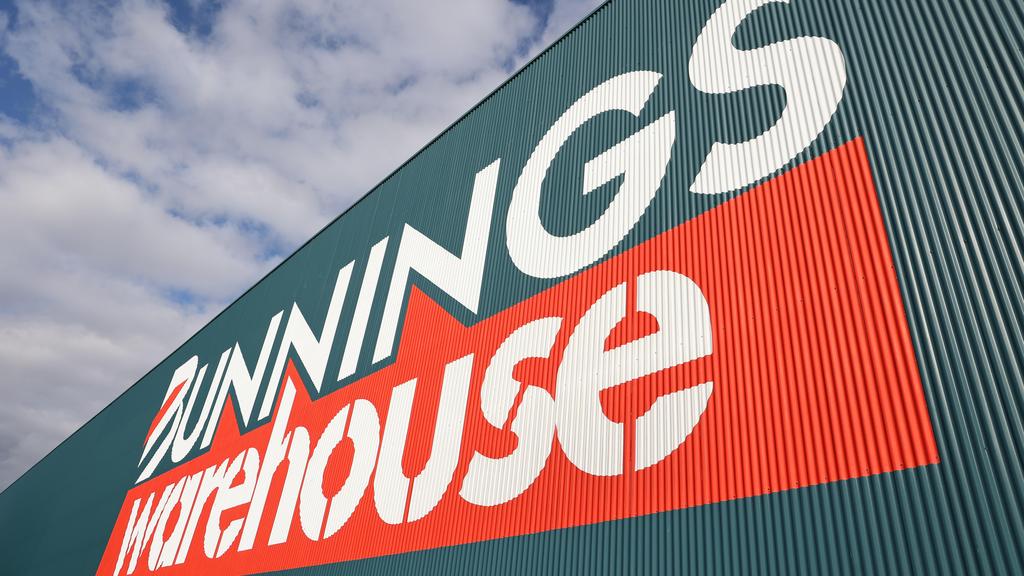
Bunnings Warehouses remain hot property for big institutions. NCA NewsWire / David Mariuz
Listed conglomerate Wesfarmers has confirmed it reaped a hefty profit from the sale of six Bunnings stores to Charter Hall as analysts bet the strong result will result in it bringing more assets to market.
Charter Hall unveiled the purchase in its results. The $290m deal is part of a broader push into the convenience retail sector, where it had set up a new vehicle with an investment capacity of $2.5bn.
The Bunnings Warehouses in the portfolio include Alexandria, Mittagong and Goulburn, all in NSW, and Airlie Beach and Oxenford, both in Queensland, as well as a property in the Melbourne suburb of Thomastown.
The new Charter Hall Convenience Retail Fund took half the stores by number, picking up Bunnings Thomastown, Bunnings Oxenford on the Gold Coast and Bunnings Mittagong in the NSW Southern Highlands.
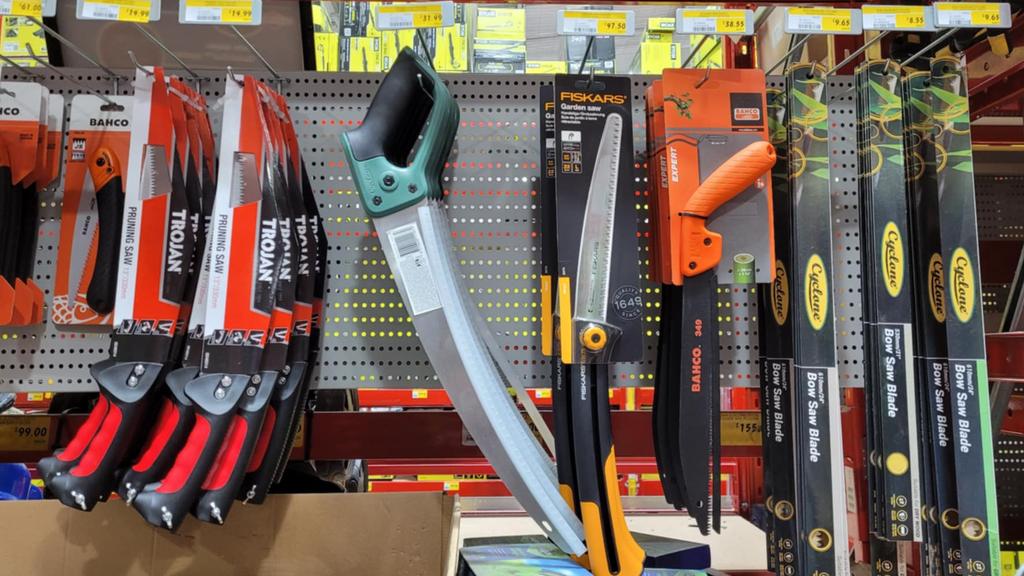
The complexes carry 10-year initial leases with normal rent reviews.
The other Bunnings assets were acquired by other Charter Hall-managed funds. They were bought on a range of yields from 4.75 per cent to 5.75 per cent, depending on whether their locations were in metropolitan centres or outside them. The overall yield was just above 5 per cent, industry executives familiar with the deal said.
The yields reflect the high quality of covenant, long-lease tenure and in-built income growth, as well as a return of the portfolio premium in major deals. The assets were highly contested by both local and offshore players.
The sale was brokered by CBRE’s Simon Rooney, Stuart McCann and Paul Ryan but they and the parties declined to comment on the details of the transaction.
The complexes carry 10-year initial leases with normal rent reviews and add to Charter Hall’s network of Bunnings stores, which at more than $2.5bn is the largest in the country.
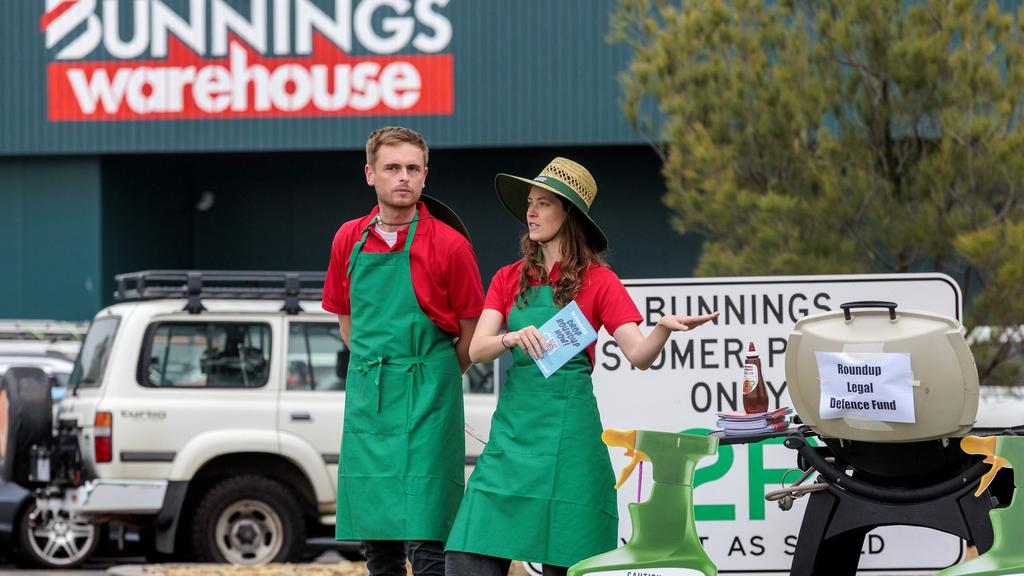
The six freehold Bunnings stores sold to Charter Hall are in prime catchments. Picture: NewsWire / David Geraghty
Wesfarmers said in its results last week that the pre-tax profit on the wind-up of the BPI property structure – which previously held the centres – was $97m. This was in line with previous guidance of $80m to $130m. The conglomerate said the profit reflected the fair value uplift associated with the properties and the unwinding of the property structure.
Wesfarmers in March announced that it would wind up the BPI structure and repay all BPI noteholders. It now expects to complete the sale of five of the six properties in the first half of the 2026 financial year.
The group said it “will continue to explore a range of capital management options for the remaining nine properties currently in the BPI structure”.
The six freehold Bunnings stores sold to Charter Hall are in prime catchments, with about one-quarter of Australians living within a 30-minute drive of the sites. All up, the freehold portfolio comprises about 85,000sq m of gross lettable area and it spins off a net passing income of about $14.9m.
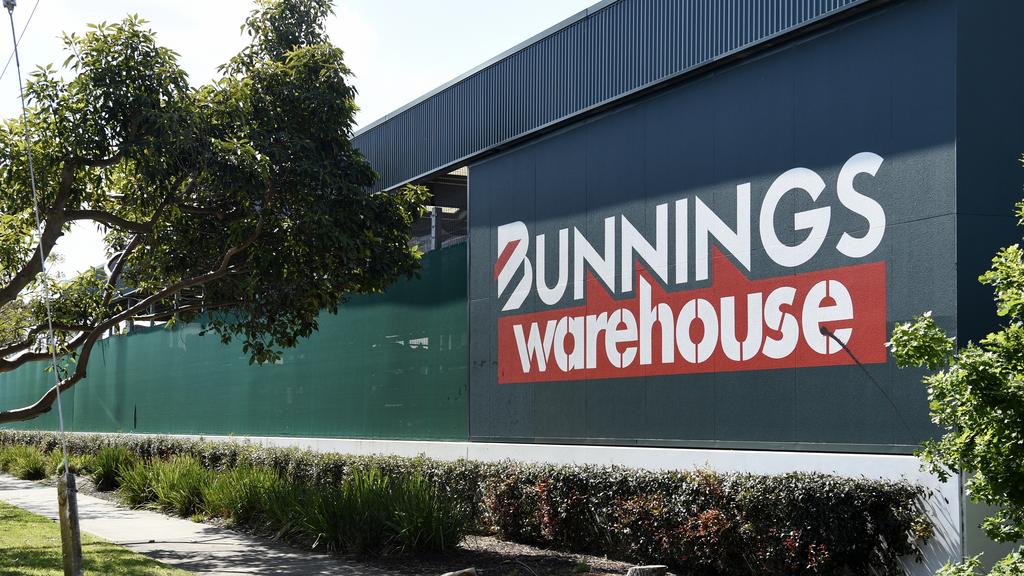
Charter Hall’s Long WALE Hardware Partnership bought a $353m portfolio of six Bunnings stores. Picture: NewsWire / Andrew Henshaw
The portfolio has the potential for long-term capital growth underpinned by annual CPI-linked rent reviews. It is on 16.9ha of land in urban, densely populated areas which could also be turned to alternative uses in future.
Such portfolios only come up rarely. Last year, the listed BWP Trust bought a smaller vehicle run by Newmark Capital to create a $3.5bn Bunnings landlord. The pricing on the Newmark Property REIT deal showed a yield of about 4.9 per cent.
In 2020, Charter Hall’s Long WALE Hardware Partnership bought a $353m portfolio of six Bunnings stores from CBRE Global Investors’ Asia Pacific Bunnings Trust. That showed a yield of 4.63 per cent.

